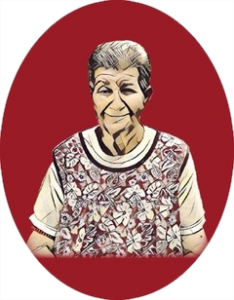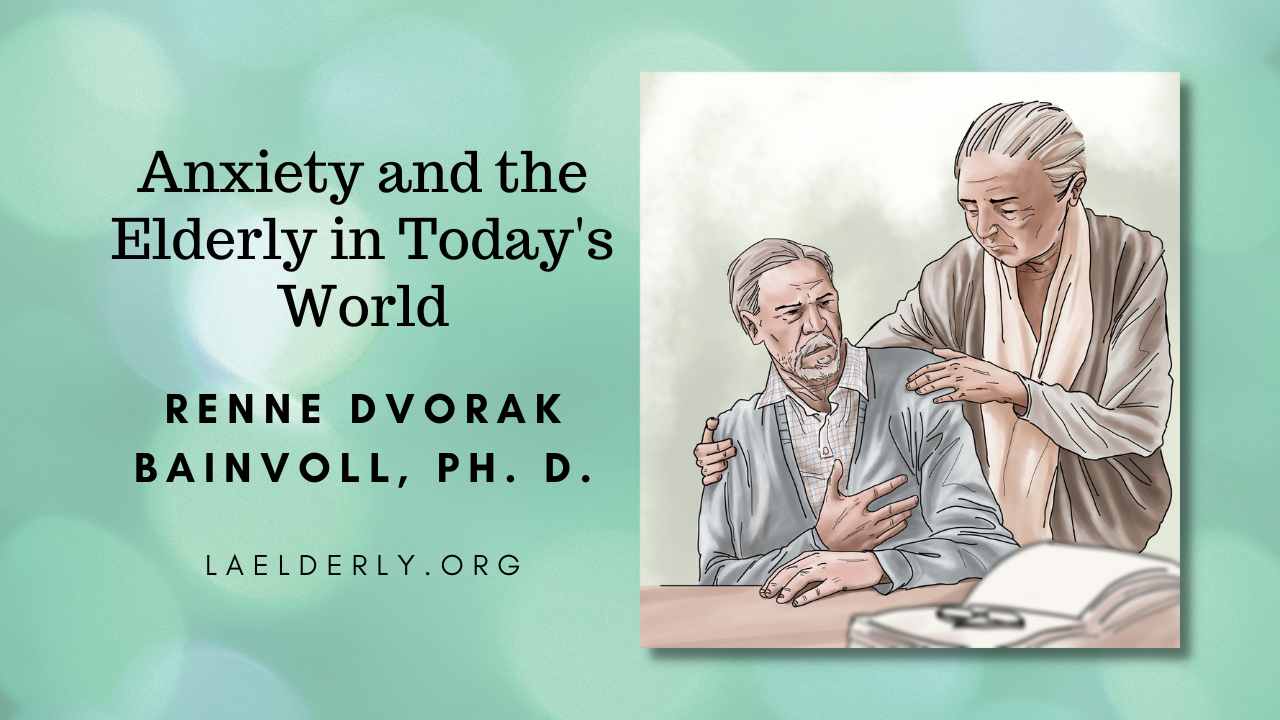by Renne Dvorak Bainvoll, Ph.D. | Clinical Psychologist
Everyone experiences some form of anxiety at some time in their lives. Given the state of the world today with COVID, other world events, and people living alone, more people are finding themselves feeling anxious. These feelings of anxiety may be related to uncertainty about one’s health, vocation, economical change, or socialization challenges.
While some challenges may not totally be under our control, I believe that the first step in decreasing one’s anxiety/depression is by identifying what the stressors are. Then one can begin to figure out how to control these various stressors. For instance, what changes might need to be made to affect one’s ability to maintain employment. This might include the need to explore and tap into new skills that one did not know one had, reassessing expenses, or shift in who is the primary provider in a household.
Anxiety with regards to one’s health can be somewhat complicated. There are certain diseases or illnesses which have clearcut management techniques. For instance, insulin to control diabetes, blood pressure medication to control one’s blood pressure. However, when there are illnesses that not only do not have a known cure, but also seem to impact people across age span, gender, and ethnicity, it is not surprising that anxiety occurs. While we are not able to alleviate all anxiety associated with COVID, one can still take certain precautions such as wearing a mask and social distancing to decrease the likelihood of becoming infected or symptomatic. Taking preventative measures does make people feel like they have some control over their health.
Social isolation is another major cause of anxiety today. While the situation has somewhat improved, people are still feeling restricted from gathering with loved ones particularly in larger gatherings. Some people are still limited for various reasons in being with loved ones on a regular basis or attending life events such as births, weddings, and funerals. Since it is well known that being connected with others is a fundamental human need,
How can this need be dealt with? Fortunately, we still may get together with people provided we take physically safe measures. In addition, loneliness today can also be addressed through social media. Now more than ever we can connect with others through Zoom, Facetime, and other forms of visual and auditory exchanges. While there are some elderly that have difficulty with this mode of communication there are those that can, and others that can be taught.
When identifying and trying to control one’s stressors is not enough, there are other techniques that might be helpful. Try making a list of your daily anxiety triggers and rating them from lowest to highest. Listing one’s triggers allows for a better understanding of both the sources of anxiety and any patterns to the anxiety. This then makes it easier to manage or eliminate them.
Another method of dealing with anxiety involves working with one’s breathing. This practice involves increasing the amount of oxygen in one’s body which takes away the focus from our anxious thoughts making one achieve a relaxed state. In addition to breathing exercise, another way to reduce anxiety is through one’s muscles. This is accomplished by tightening and then releasing the tension in each of one’s muscle groups.
In addition to breathing and muscle relaxation, cognitive restructuring can also be helpful in reducing anxiety. This method involves restructuring one’s thoughts which will then change one’s feelings. Becoming more aware of our thinking process and identifying specific thoughts that precede these feelings allow one to make a choice about what to feel. Some other concepts that might be helpful when working on changing one’s cognition is learning about one pattern of thoughts such as all or nothing things, overgeneralizing, and ‘should’ statements.
Figuring out ways to control one’s stressors and learning techniques to deal with those we feel we cannot control will likely result in decreasing anxiety, and also changing the way one views and interacts with the world around us. The ideas written about here are merely suggestions. They are not meant to be used by everyone independently as treatment. If one feels that anxiety is too high or cannot be dealt with alone, it is best to seek the assistance of a psychologist and/or medical professional.
Dr. Bainvoll can be reached at 310-927-2790.

